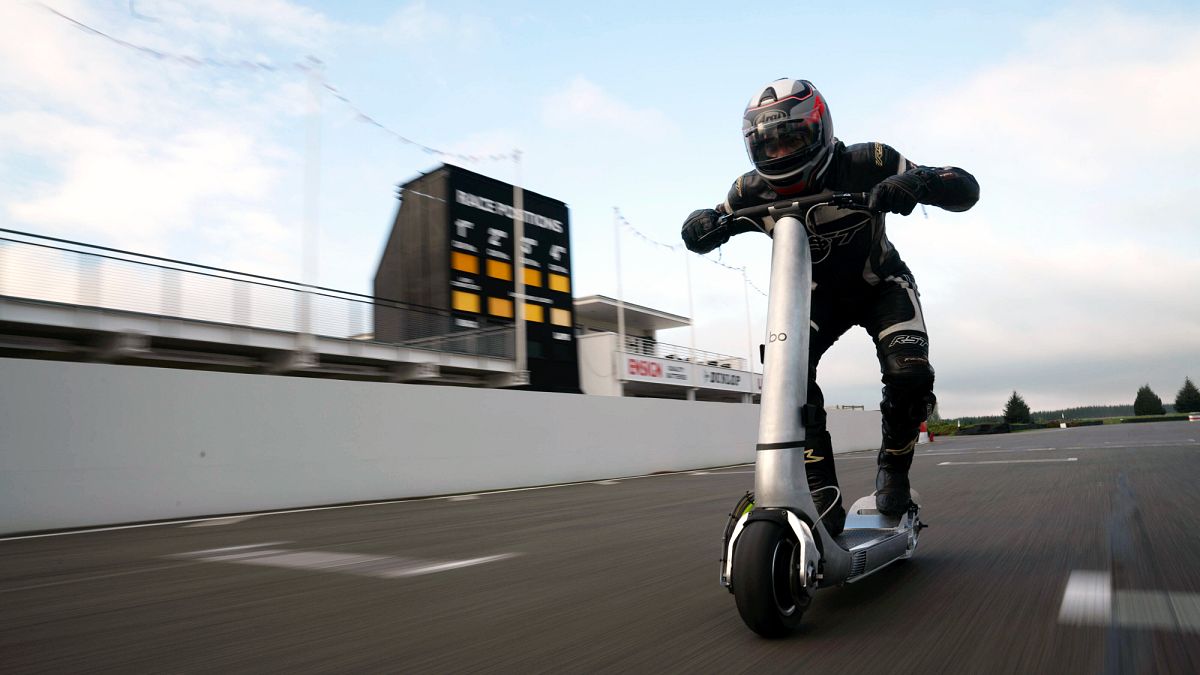

Technology is ever-evolving, and Europe finds itself at a crossroads of innovation—a place where progress merges seamlessly with tradition. Amidst this flux, exciting developments are unfolding, paving the way towards a new era where technology intertwines with daily life in remarkable ways.
The heart of this technological mosaic is notably represented by the vibrant and dynamic world of e-scooters. Racing enthusiasts and tech aficionados alike will be thrilled to hear about the debut of a new high-speed e-scooter capable of cruising at an impressive speed of 160 km/h. Scheduled for delivery in Madrid, this innovation aligns with the city’s inaugural Formula 1 Grand Prix in 2026, promising an electrifying experience. This development challenges prior conceptions about e-scooters, reminding us that the landscape of personal transportation is undergoing a significant transformation.
Amidst these advancements, the relationship between technology companies and regulatory bodies remains complex. Recently, Meta made headlines by opting out of the European Union’s AI Code of Practice. This decision underscores the company’s belief in pursuing innovation without what it views as restrictive oversight. While this has generated considerable debate, it is also indicative of broader tensions between technological growth and regulation. The dialogue between AI proponents and regulatory authorities is essential to nurture a landscape where innovation thrives symbiotically with societal values.
At the same time, Europe faces a pressing challenge in maintaining its competitive edge in the global tech arena. A comparison has emerged between the U.S. ‘Magnificent Seven’ tech giants, who are rapidly advancing, and Europe’s major corporations, which are predominantly rooted in traditional sectors. As AI continues to drive progress, Europe is called upon to reinvent its approach to innovation, ensuring its giants can compete on equal footing in this rapidly evolving economic context.
Meanwhile, forward-thinking transport solutions are becoming a pivotal part of the European landscape. Starting in August, the Netherlands will be host to its first operational self-driving bus. This vehicle will navigate autonomously on public roads, journeying to and from Rotterdam The Hague Airport. Not only does this development signify a leap in intelligent transport solutions, but it also highlights a commitment to safe, efficient, and environmentally friendly public transport systems, seamlessly integrating advanced technology with everyday life.
These transformative events paint a vivid picture of a Europe that is both embracing modernization and carefully considering the implications of technological adoption. As we witness these new narratives unfold, they remind us to approach innovation with optimism, acknowledging both its potential challenges and its ability to enrich our lives. With each stride forward, the promise of technology continues to expand, bringing with it a future ripe with possibilities and brimming with potential.
Source: {link}
